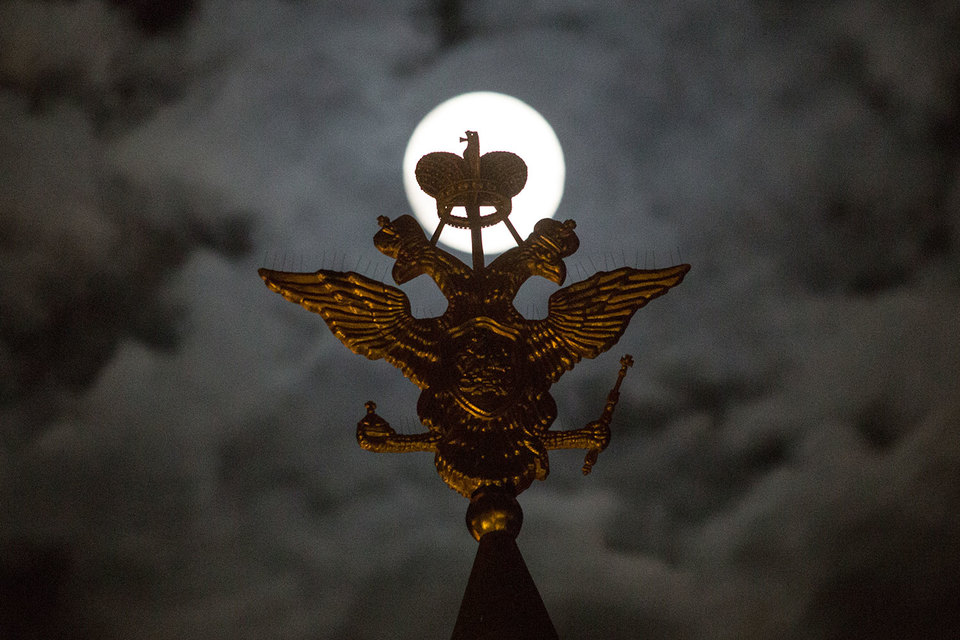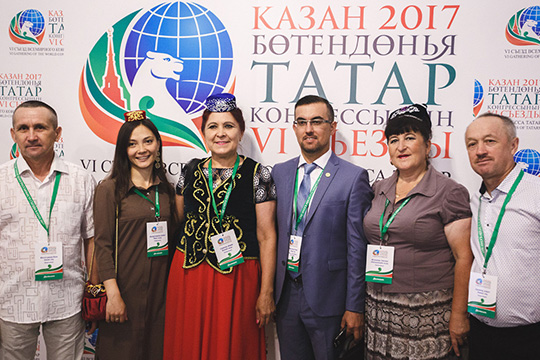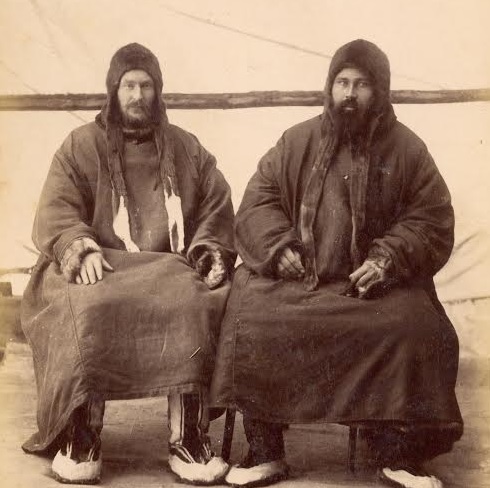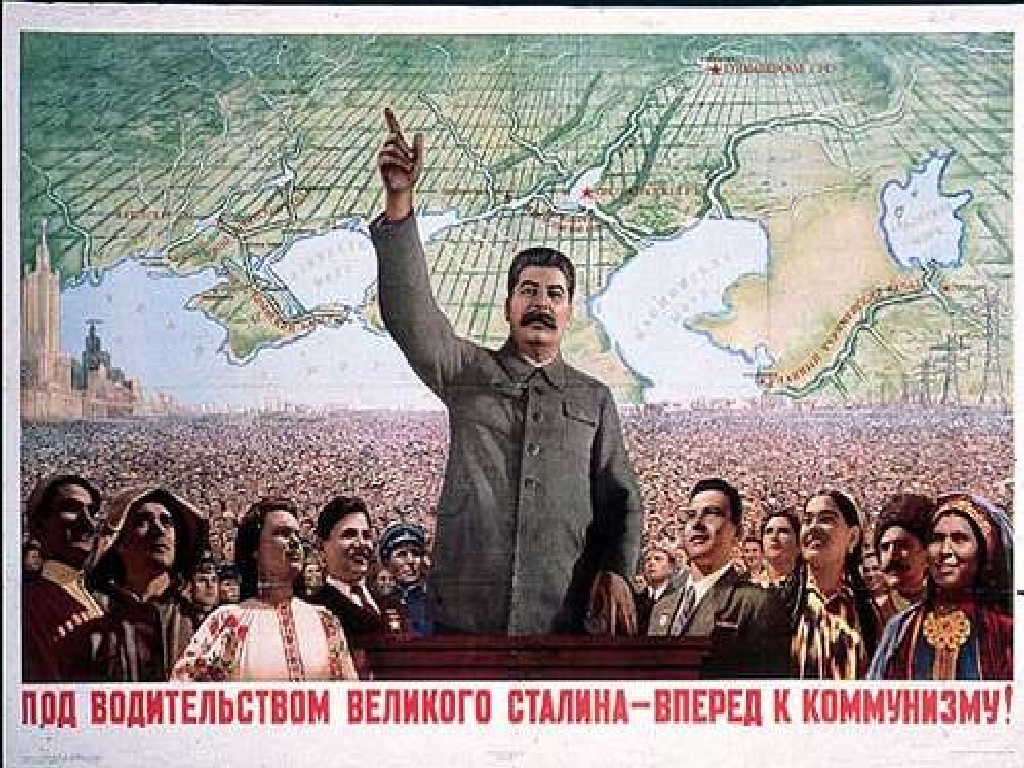Moscow’s policies on the numerically small indigenous peoples of the North are directed “in the first instance not in support of them as unique ethnic communities but for their complete integration into present-day Russian society in exchange for their loss of historical memory and ultimate loss of special benefits,” Dmytro Horyevoy says.
More on the topic: Indigenous leader accuses Russia of ethnocide at UN Forum
In order to get the benefits which Moscow promises to the indigenous populations in the shape of greater hunting and fishing rights, members of these groups must forego the benefits of modernity; but if they try to continue their way of life at odds with the interests of oil and gas companies, they will be declared extremist and lose their membership in these ethnic groups. Moscow simultaneously supports both.On the one hand, it has promoted the spread of high levels of alcohol consumption from the Russian to the non-Russian communities, thus leading to the degradation of both. And on the other, it has set up a system in which members of the indigenous people must make a Hobson’s choice.
The combination of these two drives, both of which are managed by the Russian FSB, works to Moscow’s benefit but only at the cost of the rapid destruction of these ethnic communities, their way of life and their identities, an obvious violation of the human rights of these peoples, the Ukrainian journalist continues.It has systematically reduced the share of the populations of these communities getting benefits while at the same time reducing their number by declaring members of these groups who don’t practice the traditional ways Moscow in fact opposes no longer part of these communities.
As important as Horyevoy’s testimony Russian policy is, his words are even more significant as an indication of the way in which the Kremlin’s attack on the ethnic policies of Ukraine are backing against itself, leading Kyiv writers and analysts to point out that whatever shortcomings there may be in Ukraine, they pale in comparison with Moscow’s in Russia.
Read More:
- Indigenous leader accuses Russia of ethnocide at UN Forum
- Moscow’s efforts to Russianize non-Russians will lead to demise of Russian nation and Russian state, Gyylman says
- As long as Russia remains an empire, Moscow will be repressive at home and aggressive abroad, Eidman says
- Moscow’s effort to isolate Finno-Ugric peoples in Russia from Finno-Ugric world proves less than fully successful
- Moscow hides its effort to weaken its larger non-Russian nations by playing up its support for smaller ones
- Putin unintentionally highlights that Russia’s war on Ukraine is both ancient and fateful, Inozemtsev says
- On historical unity in a prison of nations: Ukraine’s Institute of National Remembrance Head strikes back at Putin
- Global warming already having ‘explosive’ consequences in Russian North
- Moscow’s false story about Alaska infuriates residents of Russian North
- ‘Russia may cut itself off completely from the West,’ Sergey Medvedev says
- Russia still hiding Stalin’s genocidal crimes against Finns and Norwegians after 80 years
- Circassians and their fate: introduction into history of nation expelled by Russian Empire from Caucasus
- Moscow outraged by calls to remove statues of Russian colonizer in Alaska





